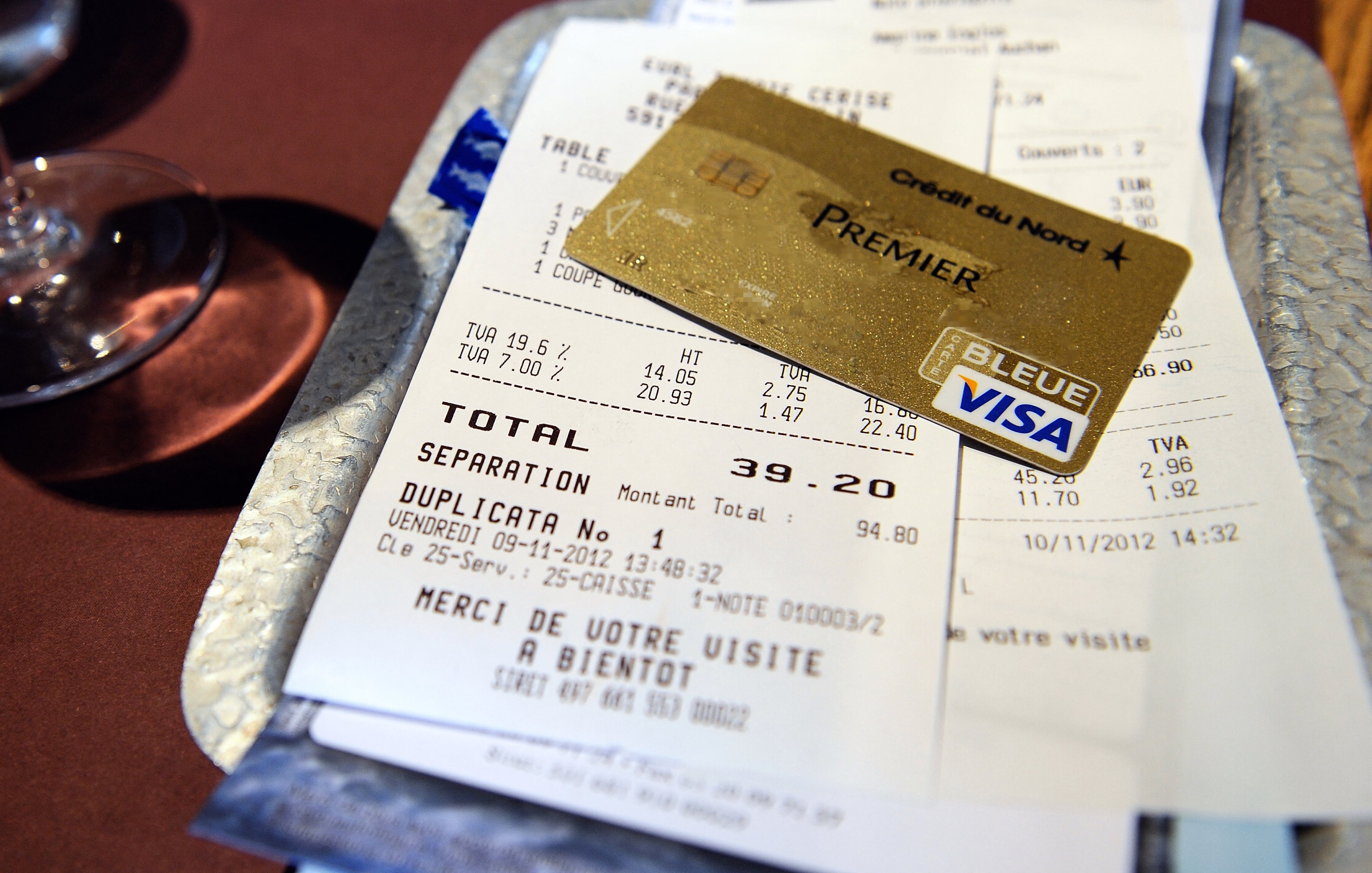Over the past several years, federal law enforcement agencies have gotten increasingly creative in their surveillance techniques, hiding cameras in, among other things, streetlights, traffic cones, toolboxes and vacuum cleaners.
The Drug Enforcement Administration has been especially forward-thinking in its placement of high-tech but unseen monitoring devices. In 2018, the DEA quietly installed automatic license plate readers in an unknown number of the ubiquitous radar speed signs that show approaching drivers how fast they’re going. It has only grown in the years since.
Now, according to federal procurement data reviewed by The Independent, the DEA – which has recently diverted agents from their usual drug-fighting mandate to assist Immigration and Customs Enforcement in carrying out President Donald Trump’s mass deportation efforts – is outfitting agents, presumably undercover, with audio-video recorders camouflaged to look like everyday credit cards.
“Covert audio/video devices must match the form factor of a United States credit card and other common form factors of that size and be able to accept a printed overlay that is detailed enough to be able to pass a close visual inspection,” states a summary of the September 12 purchase order. “The card must be able to be disguised by printing of specific art-work directly on to the card. Physical Dimensions can be no more than 85 x 54 x 1.5 mm, 34 x 2 x 0.05 inches Weight < 5 g.”
A so-called J&A among the tranche of paperwork attached to the purchase, or, a “Justification & Approval” from higher-ups to issue a contract to a specific seller without putting it out for competitive bids, says the Bond-esque gadgets will be coming from a Swiss company called Nagra.
“Tested another vendor's product that was similar but when the design was printed on the card, it was not a clear print and the ink was able to be rubbed off,” the J&A explains.
The agency is buying 57 credit card recorders in all, the documentation shows: 30 with model codes indicating both audio and video capabilities, and 27 with model codes indicating they are audio-only. Both come with 16GB of memory, a built-in mono microphone and a lithium battery pack, according to the DEA solicitation.
Although the solicitation and J&A do not specify how the faux credit cards will be used, a high-profile arrest in 2022 by the DEA involved luring an alleged Yakuza leader to Manhattan, where he was handcuffed over a steak dinner at Morton’s.
In addition to listing requirements for USB cables and docking stations, the solicitation also lays out a need for “badge holder[s],” suggesting the possibility of some portion of the devices perhaps being disguised as ID cards.
It is unclear how much the DEA is spending on the devices, but the J&A was made public – a requirement for all purchases exceeding $25,000.
They will be shipped to the agency’s Office of Investigative Technology in Lorton, Virginia, according to the documentation.
Little more is known about the recorders; although Nagra manufactures high-end consumer grade electronics, it restricts details of its covert surveillance products to law enforcement agencies only. Another one of its products transmits live audio from a similar credit card-sized device.

Past DEA purchases provide a glimpse at some of the ways it uses covert technology. Several years ago, it paid a California company $42,595 for a “custom Shop Vac concealment with Canon M50B,” a “high-sensitivity…PTZ [Pan-Tilt-Zoom] network camera” that “captures video with remarkable color and clarity, even in very low-light environments.”
During the same period, the DEA paid $71,685 for a “Tool Box System Portable surveillance platform in tool box concealment black in color.” And it put up a little more than $20,000 to hide video cameras in streetlights, a job that went to a Houston, Texas company called Cowboy Streetlight Concealments, LLC.
In an interview at the time with Quartz, Christie Crawford, who owns Cowboy Streetlight Concealments with her police officer husband, said, “We do streetlight concealments and camera enclosures. Basically, there’s businesses out there that will build concealments for the government and that’s what we do. They specify what’s best for them, and we make it. And that’s about all I can probably say.”
For its part, the DEA – which in 2021 began requiring all agents to wear body cameras – nixed the program earlier this year after Donald Trump began his second term in office.
A DEA spokesperson did not respond on Wednesday to The Independent’s request for comment. A message sent to Nagra went unanswered.







